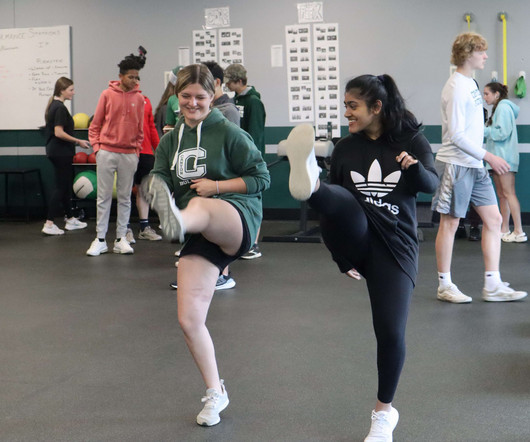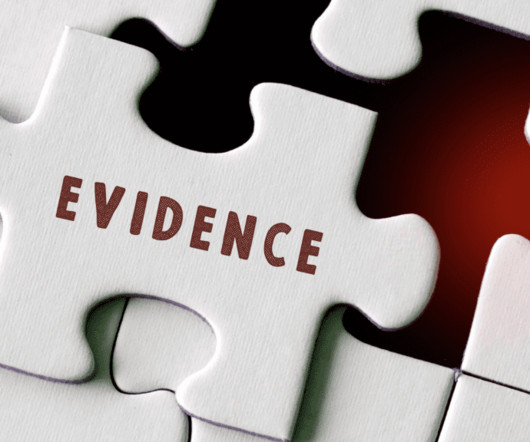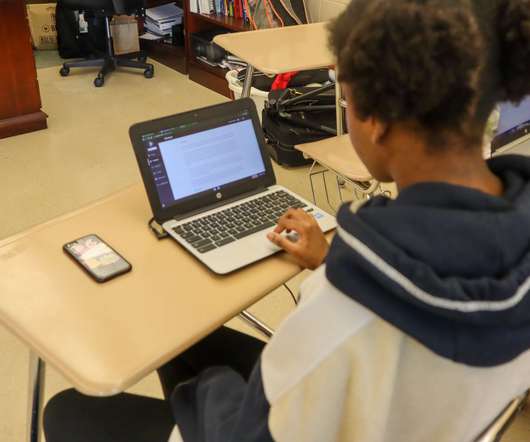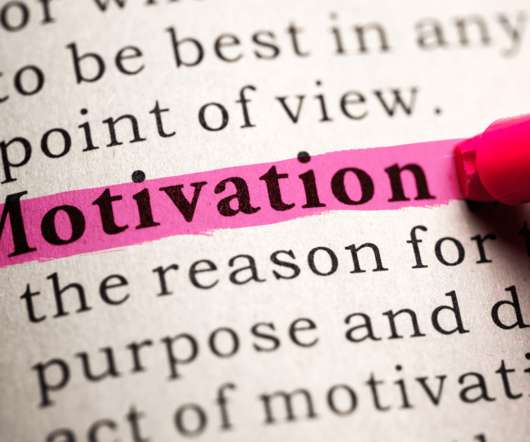Rhodiola’s Impact on Cellular Energy Production and Mitochondrial Function
Designs for Health
AUGUST 7, 2023
is an herb with a long history of use in traditional medicine for supporting mental and physical health. Historical records reveal that the Vikings utilized Rhodiola to promote their endurance and physical strength. Rhodiola ( Rhodiola rosea L.) Rhodiola is considered an “ adaptogen ,” a term that dates back to 1947.












Let's personalize your content